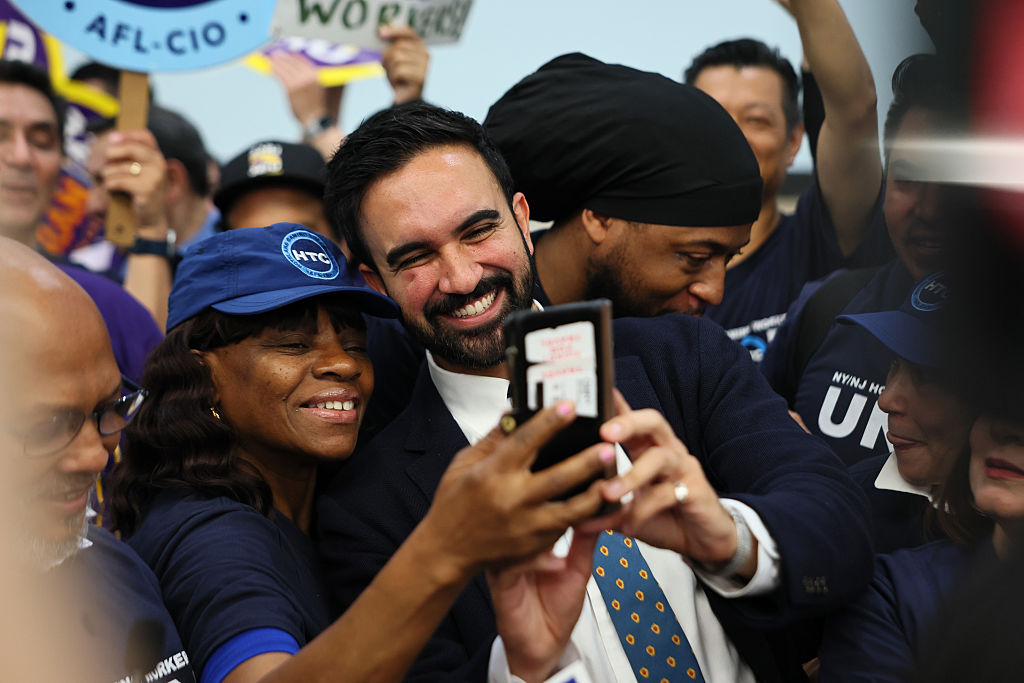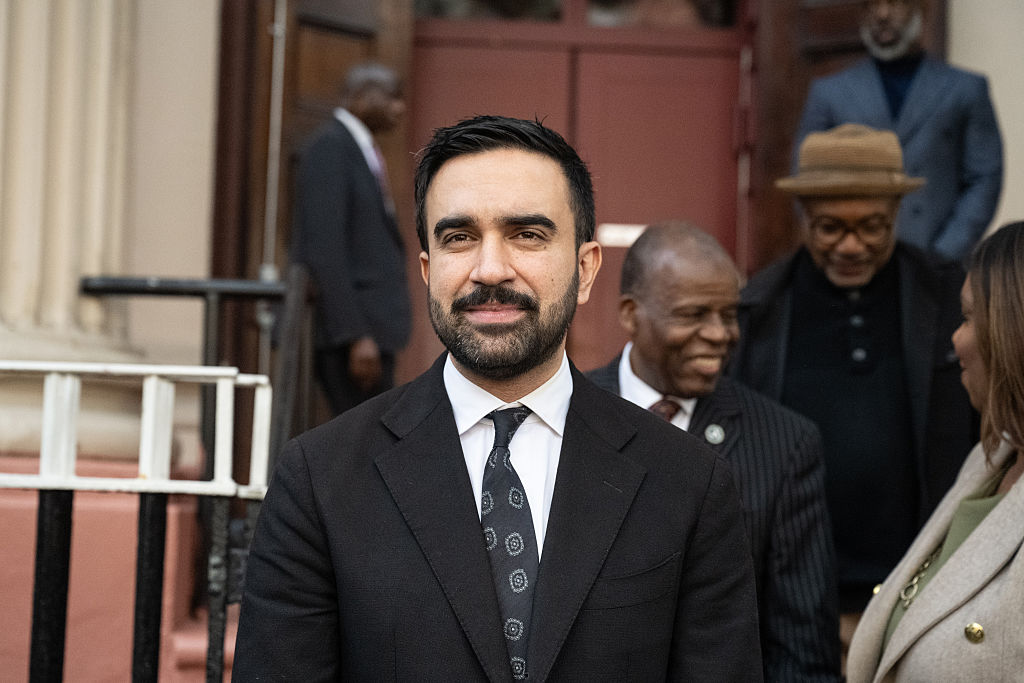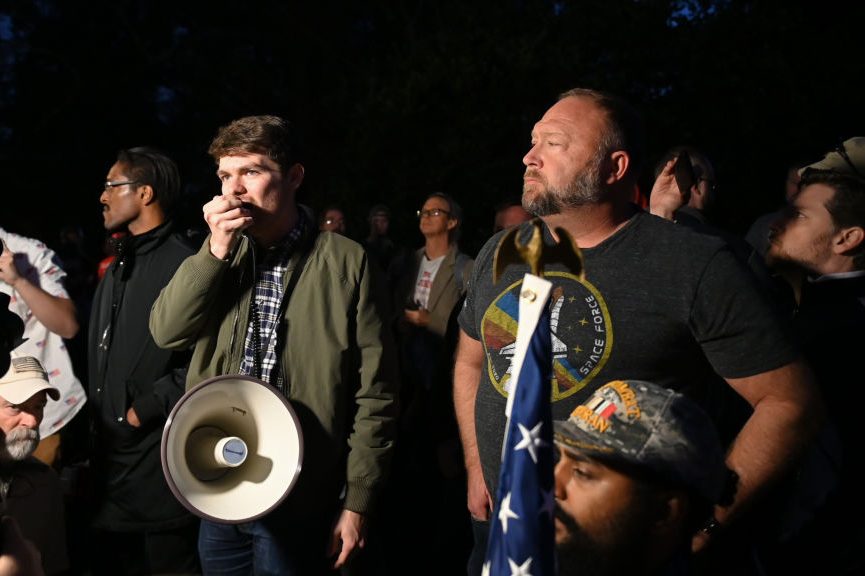When Zohran Mamdani applied to Columbia University in 2009, he checked both the “Asian” and “Black or African American” boxes on his admissions form. He wasn’t lying – technically. Born in Uganda to Indian parents, Mamdani said he was trying to express his complex heritage. But in a recent interview with The New York Times, he admitted something telling: he doesn’t consider himself black.
That admission, buried beneath the usual progressive buzzwords about “nuance” and “complexity,” should be a wake-up call for anyone still defending race-based admissions in elite education. Mamdani didn’t cheat the system. He played by its rules. And that’s exactly the problem.
Affirmative action was created to correct a specific, historic injustice – namely, the exclusion of black Americans from educational and economic opportunity due to slavery, segregation and systemic racism. That legacy should never be dismissed. But somewhere along the way, the mission morphed. The clear moral case for helping the descendants of American slavery became a bureaucratic puzzle of identity checkboxes and social engineering. Instead of justice, we got a hierarchy.
And in that hierarchy, Mamdani fits like a glove: the child of global elites, raised in South Africa and New York, Ivy-educated, and now the Democratic nominee for mayor of America’s largest city. He is South Asian, Muslim, foreign-born, and left-wing. He checks nearly every “diversity” box – except the one that actually reflects the lived black American experience.
The irony is as thick as it is offensive. While Mamdani was able to strategically claim blackness on a college application, millions of black Americans who descend from enslaved ancestors in this country don’t have the luxury of toggling between identities. Their blackness isn’t theoretical. It’s not geographic. It’s not optional. It’s lived.
And that’s where the whole framework collapses. Race-based preferences were never meant to accommodate the entire post-colonial diaspora. They were intended to address very real, generational harm done to one group in one country. But now, in our DEI-obsessed meritocracy, identity has become performance. And the rewards are tangible.
Admissions officers, HR departments, nonprofit grant boards and media gatekeepers now trade in racial optics. And when identity becomes currency, don’t be surprised when people spend it. Mamdani didn’t manipulate the system. The system was built for this kind of manipulation.
The truth is that America has outgrown the crude framework of affirmative action. We are no longer a binary society of white and black. We are a multiracial, multiethnic, globally diverse country where millions of people – like Mamdani – simply don’t fit the identity boxes that were designed in the 1960s. So what happens now?
Applicants are left with two choices: identify with the white majority and face tougher standards, or align themselves with an underrepresented minority and gain easier access into elite institutions. And let’s not pretend the incentives aren’t clear. When Columbia and schools like it make race a major factor in admissions, they create a system that rewards creative box-checking and punishes honesty.
Even after the Supreme Court struck down affirmative action as we know it, colleges and corporations have merely shifted their tactics. Now it’s “holistic review,” “lived experience,” or “diversity statements.” The language has changed, but the outcome is the same: racial preferences dressed up in progressive euphemisms.
The left will argue this is about equity. But there’s nothing equitable about handing elite opportunities to the children of foreign intellectuals while working-class black and white students in Detroit, Baltimore, or Appalachia struggle to access decent public schools. There’s nothing “inclusive” about telling a Nigerian-American millionaire’s son that he’s oppressed, while a white kid raised by a single mom in rural Kentucky is “privileged” by default.
And there’s nothing authentic about Mamdani’s performance. He is now running for mayor of New York on a platform centered around his identity as a Muslim South Asian immigrant. But when it suited him – when it might have given him a leg up at Columbia – he was also “black.” And not a single progressive called foul.
The original intent of affirmative action, as envisioned by the more principled civil rights leaders of the time, wasn’t about lowering standards – it was about aggressive outreach and opening doors that had long been shut. But that intent has been distorted beyond recognition. Today, affirmative action often serves those who know how to game the system—not those who genuinely need a hand up. It’s become of no real use to black Americans, especially those trapped in failing schools or left behind by progressive urban leadership. In fact, it now risks insulting the very people it was meant to empower, by implying that we can’t compete without shortcuts.
If a conservative had done this, we’d never hear the end of it. But Mamdani gets a pass. Because in the world of DEI, ideology covers a multitude of sins.
As a black conservative, I find it exhausting. Blackness is not a costume. It’s not a checkbox. And it’s not a card to be played when convenient. If this country wants to move forward, we need to stop reducing people to their demographic categories and start treating them as individuals – complex, contradictory and fully human.
Affirmative action may have been justifiable in the past, but today, it’s an outdated, divisive, and counterproductive policy. It’s time to end it.
Zohran Mamdani is not a villain. He is the logical conclusion of a broken system. And if we don’t fix it, there will be many more just like him.
Mamdani’s strategically claimed blackness
When it might have given him a leg up at Columbia, he checked the ‘black’ box

Zohran Mamdani takes photos with supporters (Getty)

























Leave a Reply